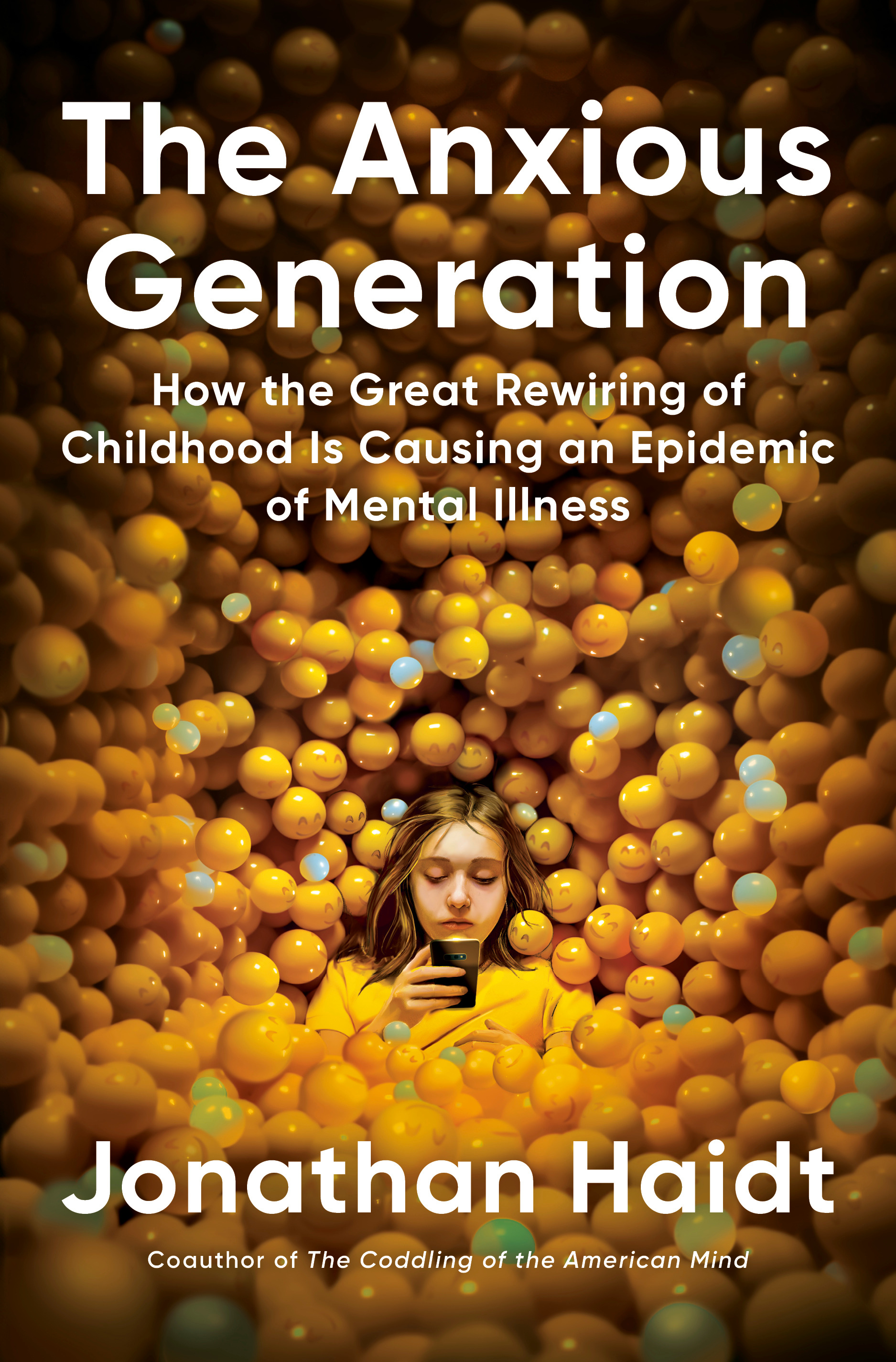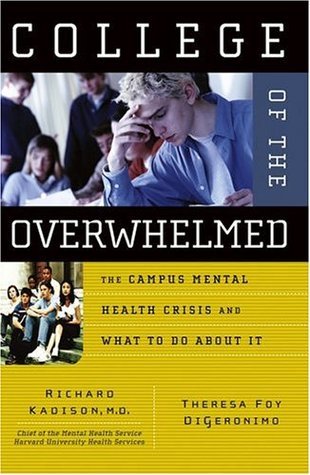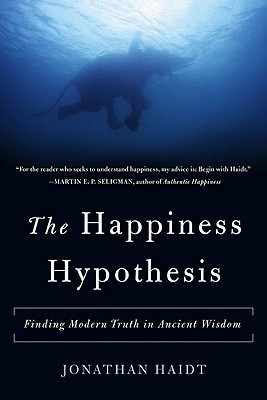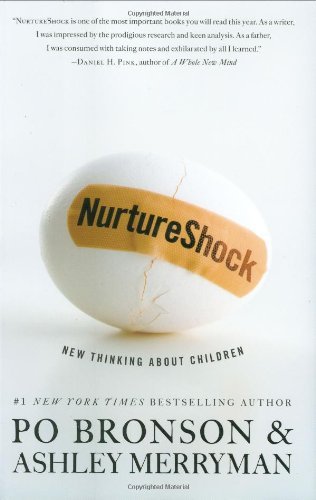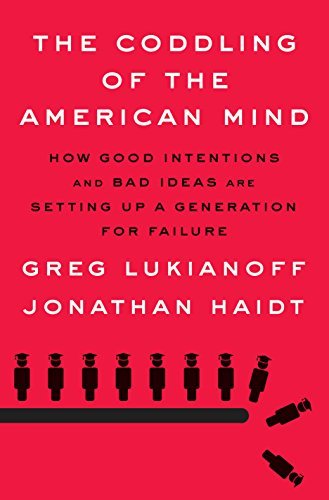
The Coddling of the American Mind: How Good Intentions and Bad Ideas Are Setting up a Generation for Failure
Book Description
A generation stands at the brink, caught between good intentions and the insidious rise of ideas that threaten to cripple their future. "The Coddling of the American Mind" unveils how a culture of safetyism and fragile beliefs is stifling resilience and critical thinking among today's youth. With razor-sharp insight, Haidt challenges the notions we've come to accept, exposing the chilling consequences for minds unprepared to navigate a complex reality. As campuses become battlegrounds for free thought, the stakes have never been higher. What will it take to rescue a generation from a cycle of anxiety and fragility?
Quick Book Summary
"The Coddling of the American Mind" examines the rise of a culture that prioritizes emotional safety and protection at the expense of resilience and intellectual development among young people, particularly on college campuses. Authors Jonathan Haidt and Greg Lukianoff identify three "Great Untruths"—beliefs that encourage fragility, emotional reasoning, and the division of people into simplistic categories. The book explores how trends in parenting, education, and social media have contributed to these untruths, leading to increased anxiety, depression, and polarization. Ultimately, Haidt argues that these well-intentioned but misguided ideas hinder young people's ability to reason through challenges, cope with adversity, and engage in civil discourse. He offers actionable solutions for parents, educators, and society at large to foster greater resilience and prepare the next generation for the complexities of adulthood.
Summary of Key Ideas
Table of Contents
The Culture of Safetyism and Fragility
The book opens by diagnosing the emergence of a "culture of safetyism"—an environment where the protection of young people from physical and emotional discomfort has become paramount. This mindset, while rooted in good intentions, inadvertently reinforces the belief that kids are inherently fragile and in need of constant protection. Such an approach, the authors argue, limits youths' ability to handle adversity and learn from challenges, ultimately undermining their resilience. Haidt and Lukianoff point to rising mental health issues on college campuses, linking them to this broader cultural shift.
The Three Great Untruths
Central to the book are the "Three Great Untruths": what doesn’t kill you makes you weaker, always trust your feelings, and life is a battle between good people and evil people. These untruths, they contend, are the opposite of ancient wisdom and modern psychological understanding. They emphasize that when these beliefs are adopted, young people are encouraged to view discomfort as harmful, treat emotions as facts, and perceive the world in terms of us-versus-them conflict—leading to fragile identities and stifled growth.
The Impact of Parenting and Education
The authors trace the origins of these trends through shifts in parenting styles. Overprotective parenting, combined with zero-tolerance school policies and a decrease in unsupervised childhood play, has produced young adults less equipped to manage setbacks. Educational institutions, in an attempt to support student safety and well-being, sometimes reinforce these dynamics with speech codes and trigger warnings, which Haidt and Lukianoff argue further entrench the Great Untruths.
Social Media and Polarization
Social media’s explosion exacerbates these issues, intensifying polarization, amplifying outrage, and fueling collective identity politics. The authors note that adolescents, particularly girls, are vulnerable to social comparison and cyberbullying, which elevates rates of anxiety and depression. The culture of viral shaming and instant feedback makes students more risk-averse and less willing to engage in open discourse, further weakening their resilience.
Fostering Resilience and Critical Thinking
Despite these concerning trends, Haidt and Lukianoff propose actionable solutions centered on fostering resilience and critical thinking. They advocate for encouraging independence in children, promoting open debate and exposure to diverse ideas in schools, and limiting early exposure to social media. By challenging the Great Untruths and teaching the importance of resilience, they argue that parents, educators, and society can prepare young people to navigate the complexities of adult life, engage meaningfully with differing perspectives, and ultimately thrive in an unpredictable world.
Download This Summary
Get a free PDF of this summary instantly — no email required.


